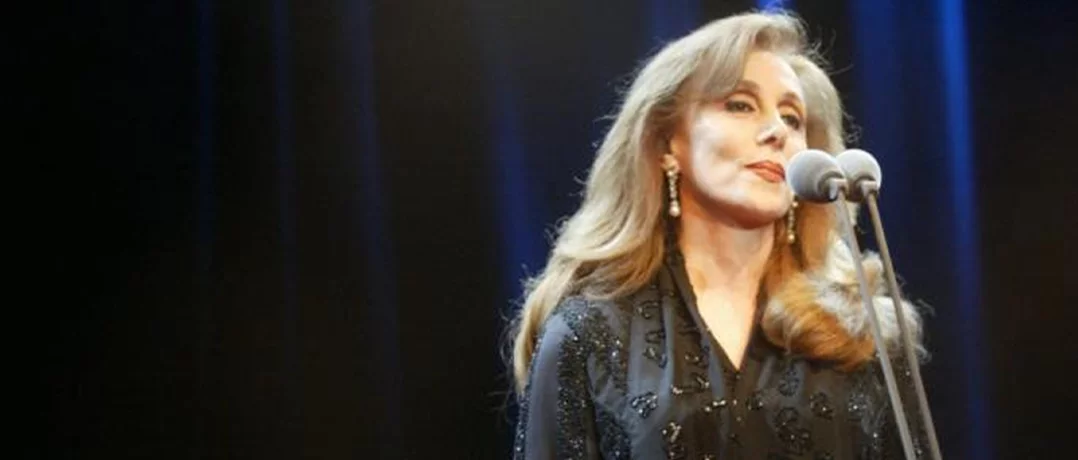Fairuz is honored as the timeless voice of Lebanon, uniting its people and embodying the nation’s memory and identity.
Fairuz at 90: The voice that carved Lebanon into a song
Fairuz at 90: The voice that carved Lebanon into a song


November 21 is a date that carries symmetry. On the same date Lebanon declared its independence, a voice was born, one that would become the country’s most enduring source of unity, longing, and collective memory. Fairuz is the emotional architecture of a nation that has spent decades rebuilding itself again and again. Her songs are not simply melodies. They are mirrors. They hold both beauty and love, as well as nostalgia and ache. For Lebanese everywhere, at home or scattered across continents, Fairuz is a feeling. The kind you always return to.
Fairuz, born Nouhad Haddad in 1935, emerged from modest beginnings and rose through the Lebanese Conservatory at a time when the country itself was dreaming of its own identity. Her collaboration with the Rahbani brothers, Assi, whom she later married, and Mansour, rewrote how a region understood storytelling. Songs like “Kan Enna Tahoun” and “Bint El Shalabeya” depicted typical village life and crystallized a sense of home. A Lebanon of morning stones, quiet courtyards, and the kind of innocence that feels impossible to recover.
But it was during the Lebanese Civil War that Fairuz’s voice transformed into something else entirely. When the country broke into pieces, she refused to take sides. Instead, she became the one place where everyone met. Her songs were played in bomb shelters, on frontlines, on balconies overlooking empty streets. In a time when the state collapsed, Fairuz became the state of mind the Lebanese retreated to, a reminder of who they were before everything fractured. “Nassam Alayna el-Hawa”, “Habaytak Bel Sayf”, “Li Beirut”, they were survival and soft resistance.
An icon that belongs to the world
Although she is inextricably tied to Lebanon, Fairuz long ago transcended its borders. Her concerts in Paris, Rio, London, and New York were cultural exchanges, emotional exports. Through her voice, international audiences discovered Lebanon through emotional sophistication rarely captured in global narratives about the Middle East.
Her global influence is not measured in awards or numbers but in how other artists reference her. How filmmakers use her music to signify longing. How diasporas carry her voice like a homeland folded into a suitcase. How entire regions see her as a north star of artistic integrity, untouched by scandal, politics, or fame’s cheapness. Her silence only deepens her presence. In a world obsessed with visibility, Fairuz remains an enigma, speaking only in songs, appearing rarely, staying untouched by the noise. It is precisely this distance that makes her voice feel even closer, like a relic, a testament to the Lebanese soul.
At 90, Fairuz is preserved, revered, and continually rediscovered. Born on Lebanon’s Independence Day, she has become the country’s emotional independence: a reminder that no matter the struggle, Lebanon’s cultural heartbeat has never stopped. As we celebrate Fairuz today, we are honoring a woman who carried Lebanon when Lebanon could not carry itself. A global icon who turned memory into melody. A legend who carved a nation into song, and in doing so, carved herself into us.


